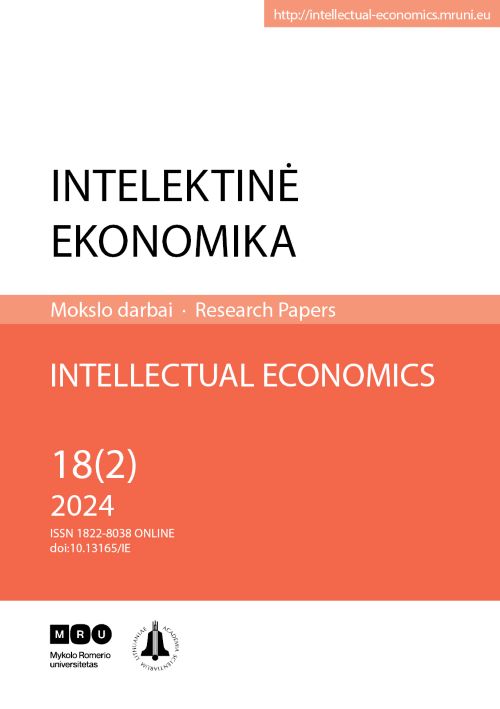Cultivating creativity: strategies for enhancing innovative behavior in small and medium enterprises
##plugins.themes.bootstrap3.article.main##
Abstract
Purpose. Scholars have extensively researched SMEs. However, the mechanisms behind their low innovative behavior have yet to be fully uncovered. Governments and other institutions have made various efforts to empower SME innovations. This study investigates factors that can enhance innovative behavior, including knowledge sharing and absorptive capacity.
Design/methodology/approach. This study employed a saturated sampling technique, focusing on export-oriented SMEs in the weaving and handicraft sectors. A total of 163 questionnaires were administered, generating 100 valid answers. SEM-PLS analysis was used with the assistance of Warp-PLS.7 software to test the research hypotheses.
Findings. The findings reveal that absorptive capacity and knowledge sharing significantly enhance innovative behavior. Specifically, potential absorptive capacity and realized absorptive capacity are critical. The study also finds that knowledge sharing mediates the effect of potential absorptive capacity on realized absorptive capacity, realized absorptive capacity mediates the influence of knowledge sharing on innovative behavior, and knowledge sharing mediates the influence of potential absorptive capacity on innovative behavior. This research reinforces the dynamic capabilities theory, highlighting that companies must complement internal capabilities by absorbing external knowledge.
Originality. This study provides new insights to SME practitioners, emphasizing that potential absorptive capacity should be a management focus and shared through a knowledge- sharing culture. It would lead to the realized as an absorptive capacity and thus drive innovative behavior.
Practical implications. SME management should strategically utilize potential absorptive capacity and collaborate with internal knowledge through knowledge-sharing activities. Potential absorptive capacity becomes a source that can be realized as an absorptive capacity to stimulate innovative behavior.
##plugins.themes.bootstrap3.article.details##
Authors contributing to Intellectual Economics agree to publish their articles under a Creative Commons Attribution 4.0 International Public (CC BY) License, allowing third parties to share their work (copy, distribute, transmit) and to adapt it, under the condition that the authors are given credit, and that in the event of reuse or distribution, the terms of this licence are made clear.


 https://orcid.org/0009-0007-0845-5885
https://orcid.org/0009-0007-0845-5885





